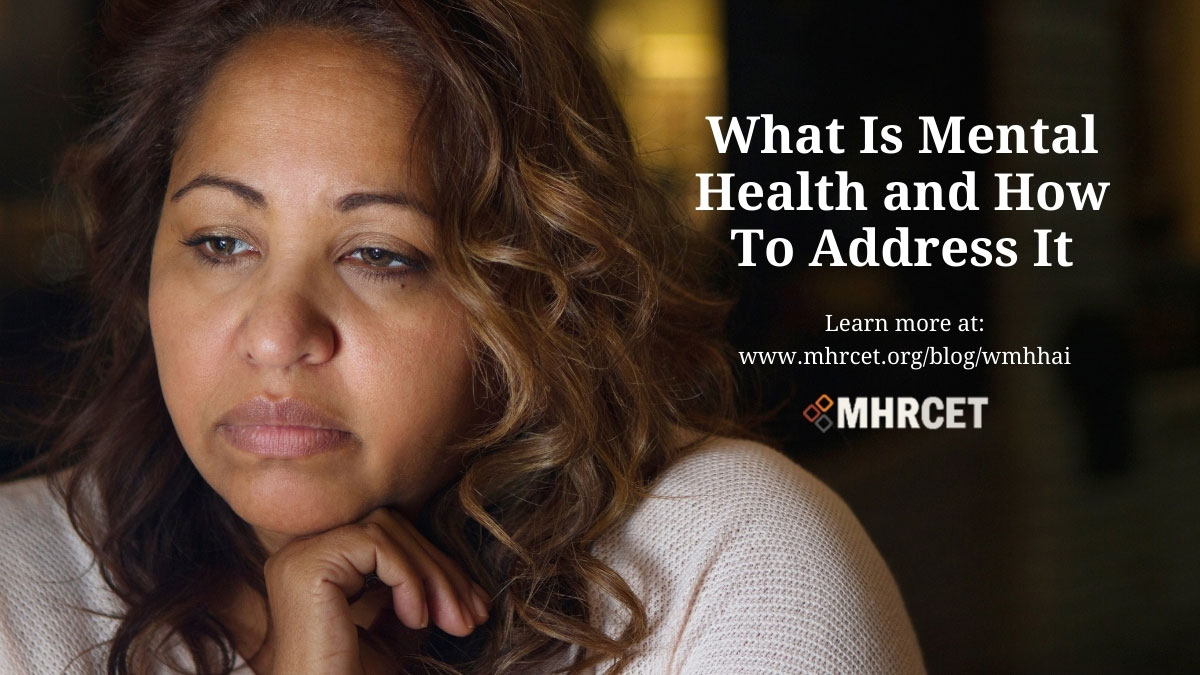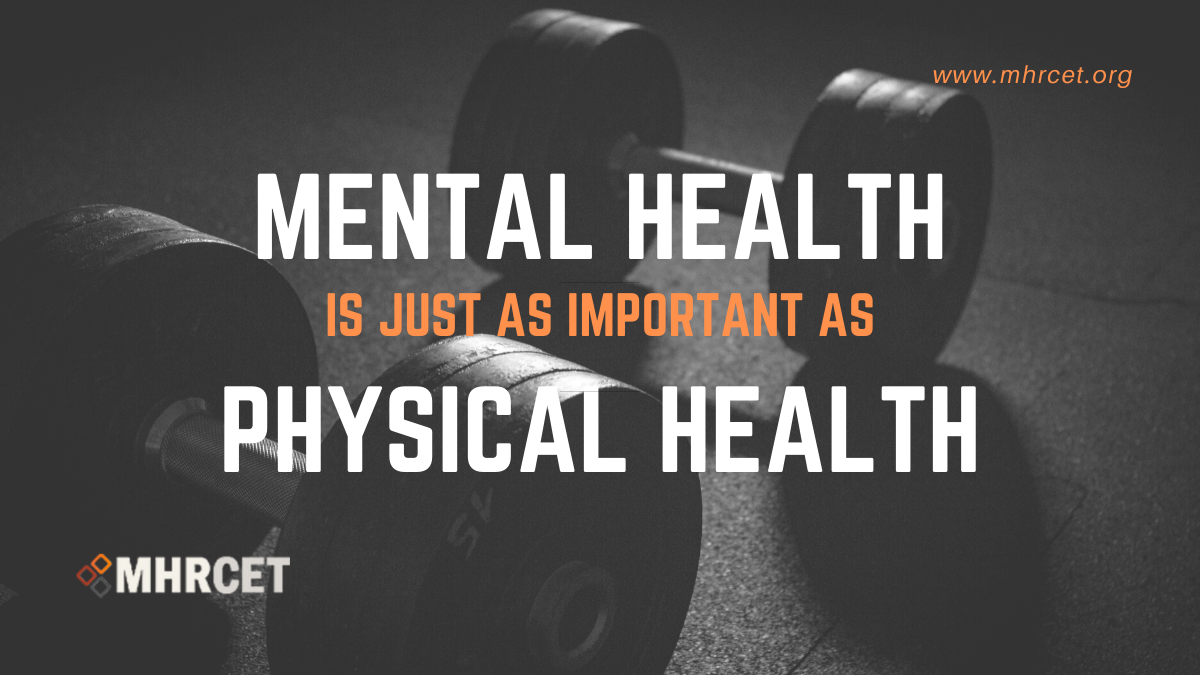by Autumn Lewis
As much as we appreciate speaking to professionals and our elders about the happenings in our lives, getting advice from those we relate to is unmatched. There’s always a comfort in speaking to someone similar in age, creed, or health diagnosis, as you identify with their experiences. We sometimes call these people our friends but ultimately, they’re our peers. It is scientifically proven that their support can do wonders for our mental health.
According to Psychiatry Advisor, “In particular, peer support tends to offer greater levels of self‐efficacy, empowerment, and engagement.” We know that those who suffer from mental health conditions quite often feel ostracized from the general public. When these same individuals create a sense of belonging with those they can relate to they benefit dramatically from it. Additionally, participating in various forms of therapy, such as group counseling or community/support groups for those with specific mental health conditions can have similar benefits.
There is also a sense of equality that comes from peer to peer support that creates comfortability that one may be unable to find with a licensed therapist or psychiatrist. This allows individuals to be much more authentic and genuine about their experiences while gaining insight and coping mechanisms from those with lived experience.














